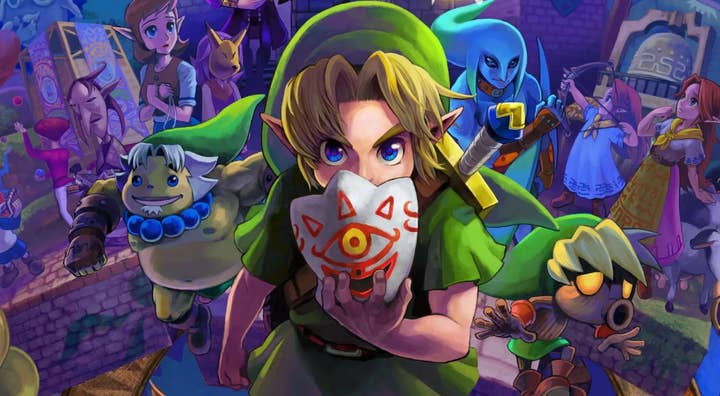The increasing popularity of 'expandalone' games raises questions about the future of large-scale downloadable content (DLC) in the gaming industry
Dying Light: The Beast, crafted by Techland, was once intended as DLC for Dying Light 2 but evolved into a standalone title. This mirrors the trajectory of Assassin's Creed Mirage, which initially began as a Valhalla expansion and Call of Duty's Modern Warfare 3, envisioned as an add-on for Modern Warfare 2. Such 'expandalone' projects are not new and build upon existing assets to create fresh experiences. Notable examples include The Legend of Zelda: Majora's Mask and Grand Theft Auto: Vice City.

Recently, there has been a resurgence of these shorter sequels. Developers like Insomniac, with their Spider-Man series, utilized this approach. Following Spider-Man's 2018 release, they offered DLCs linked through a single narrative, resembling a short standalone game. Then, Spider-Man: Miles Morales emerged, slightly longer than the prior DLC but independent from the main series.

This model of smaller, standalone games allows developers to work on projects with a shorter timeline and budget, as noted by Tymon Smektała, the franchise director for Dying Light. This approach is not only more feasible financially but also enables teams to experiment with fresh ideas. The current industry climate, where developing colossal games involves substantial time and resources, makes this option attractive.

We questioned studios about why extensive DLCs still thrive despite this trend. Titles like Elden Ring's Shadow of the Erdtree and Cyberpunk 2077's Phantom Liberty, both substantial in content, could have transitioned into standalone games with a broader audience reach. Nevertheless, expansions are generally a lower-cost endeavor. They benefit from an established player base and can increase base game sales significantly, exemplified by Elden Ring's sales surge post-expansion release.
"DLC keeps the original game selling, and the longer it keeps selling, the more technically advanced and creative the next game can be."
CD Projekt highlighted that expansions deepen player engagement with their game worlds, prolonging the lifecycle and enhancing franchise loyalty. Ultimately, the strategy depends on the title and studio. In certain games, the story itself captivates more than reinventing gameplay in every new series installment. However, for sprawling RPGs, expanded worlds offer players cherished revisits.

The current landscape presents a dilemma: while standalone games reach wider audiences, DLCs extend an existing hit's lifecycle with arguably lower risk. As development timelines stretch, becoming costly and lengthy, the move towards less ambitious, yet innovative projects, gains traction. Nevertheless, the allure of grand undertakings will persist for major studios seeking to redefine gaming experience.